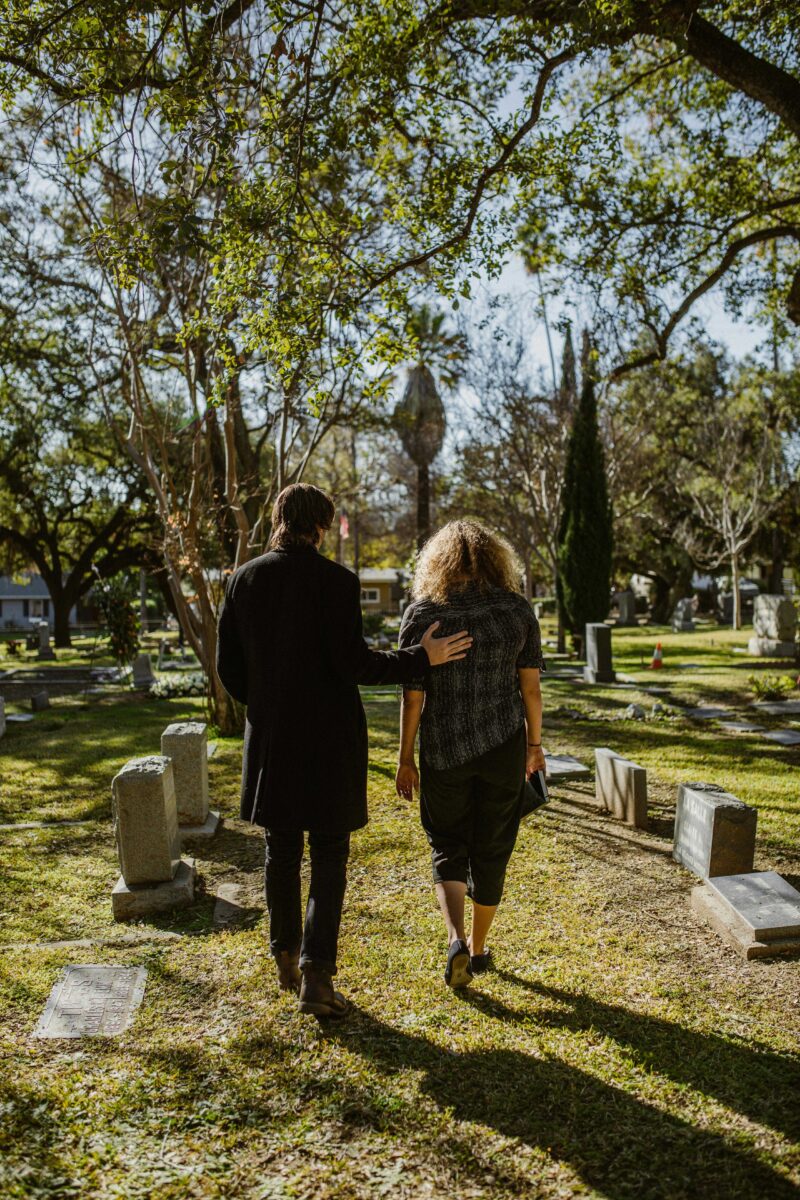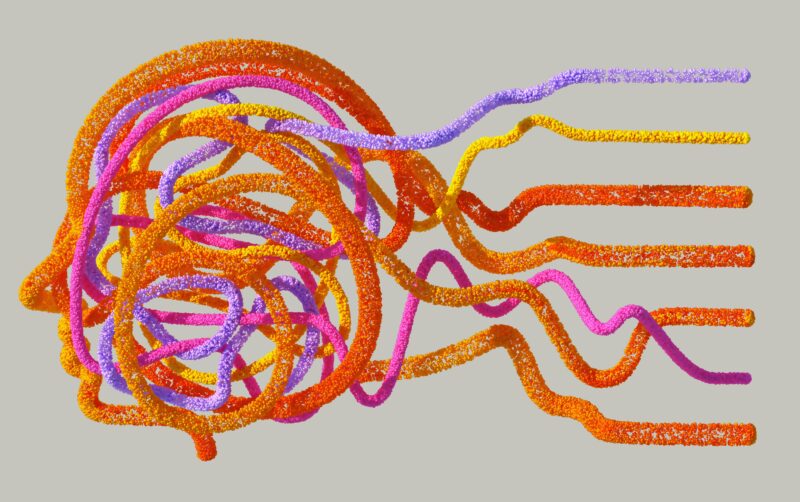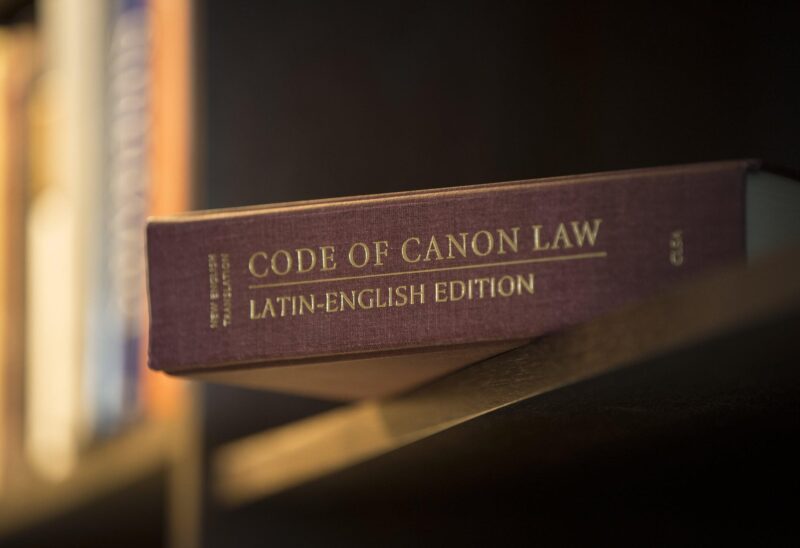This course is eligible for the Get Formed! scheme, allowing students to reclaim 70% of their course fees upon completion. For more information, visit: https://pfi.edu.mt/get-formed/.
This introductory course is designed for pastoral workers and lay people who assist the funeral arrangements and preparations within the parish together with individuals who offer support to mourning individuals. The course aims to equip participants with essential training and awareness to provide compassionate and emotionally sensitive support to grieving individuals.
This course is designed for pastoral workers who assist with funeral arrangements and preparations within the parish and other lay people who support mourning individuals.
Target Audience Age: 18+
The course will take place on Mondays from 6:00pm to 8:00pm
| Date | Session |
| 6th October 2025 | Understanding Grief and Bereavement |
| 13th October 2025 | Types of Grief with Biblical Examples |
| 20th October 2025 | The Role of the Pastoral Workers in Grief Support |
| 27th October 2025 | Supporting Grieving Families and Communities |
| 10th November 2025 | Walking with the Bereaved Beyond the Funeral |
| 17th November 2025 | Long-Term Bereavement Care and Self-Care for Pastors |
This course has three exit certificate options:
1. Certificate of Attendance
The student will receive a Certificate of Attendance when attending a minimum of 80% of all contact hours for this course.
2. Certificate of Participation
The student will receive a Certificate of Participation when attending a minimum of 80% of all contact hours for this course and pass from short multiple-choice exam.
3. Certificate of Achievement
To obtain a Certificate of Achievement, students must attend a minimum of 80% of all contact hour and pass from a short multiple-choice exam and an assignment.
Language: Applicants must be proficient in both Maltese and English.
Digital: Applicants must be digitally literate particularly, in use of office suites and internet access.















